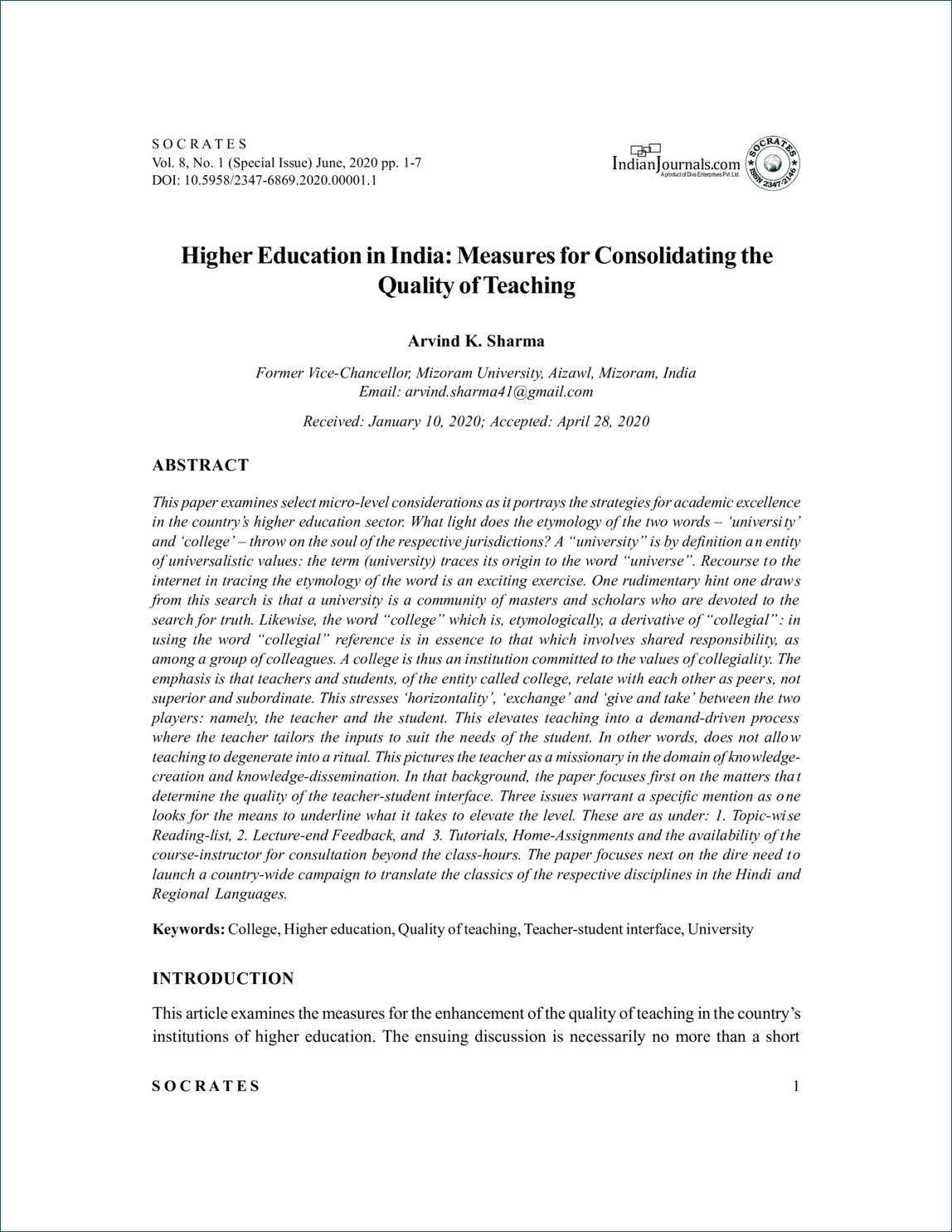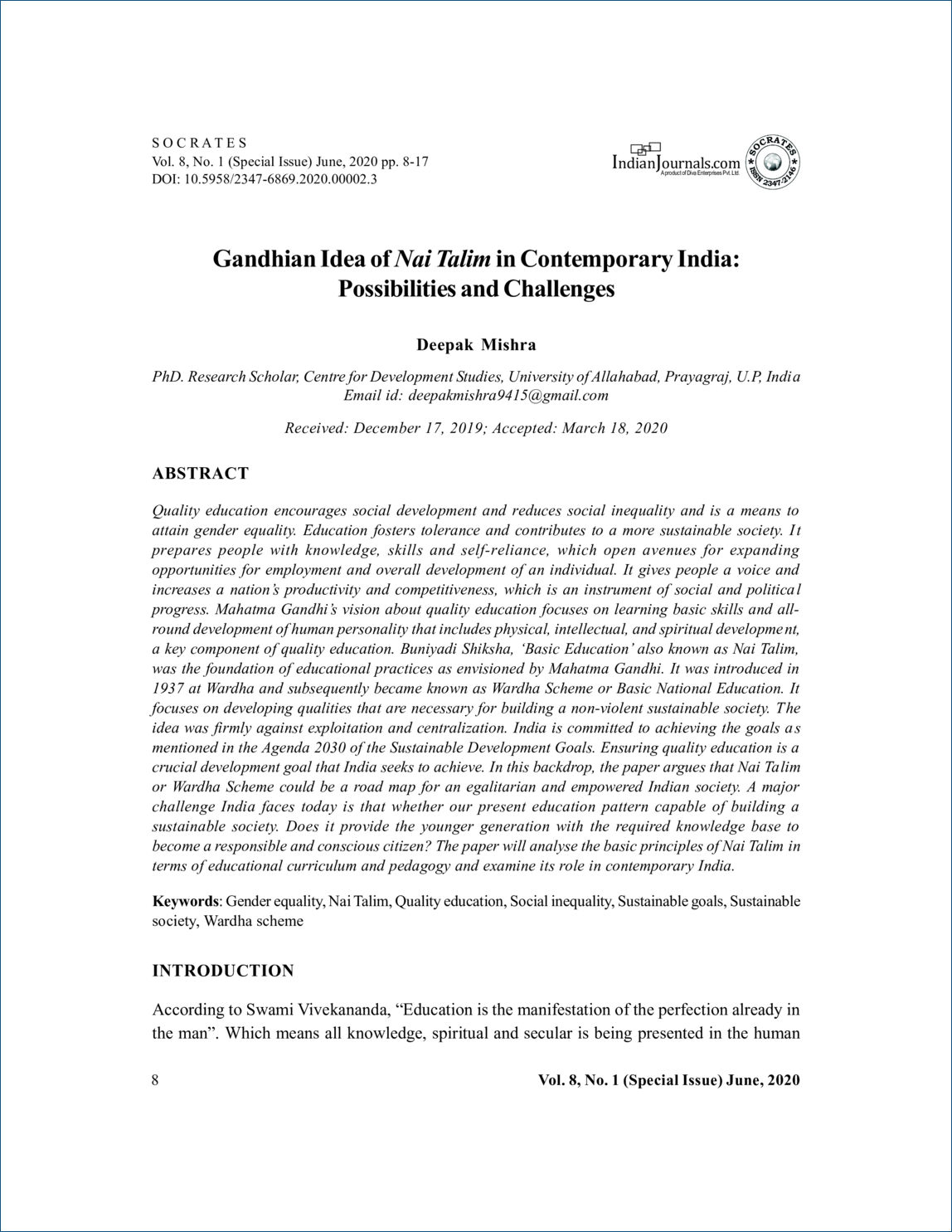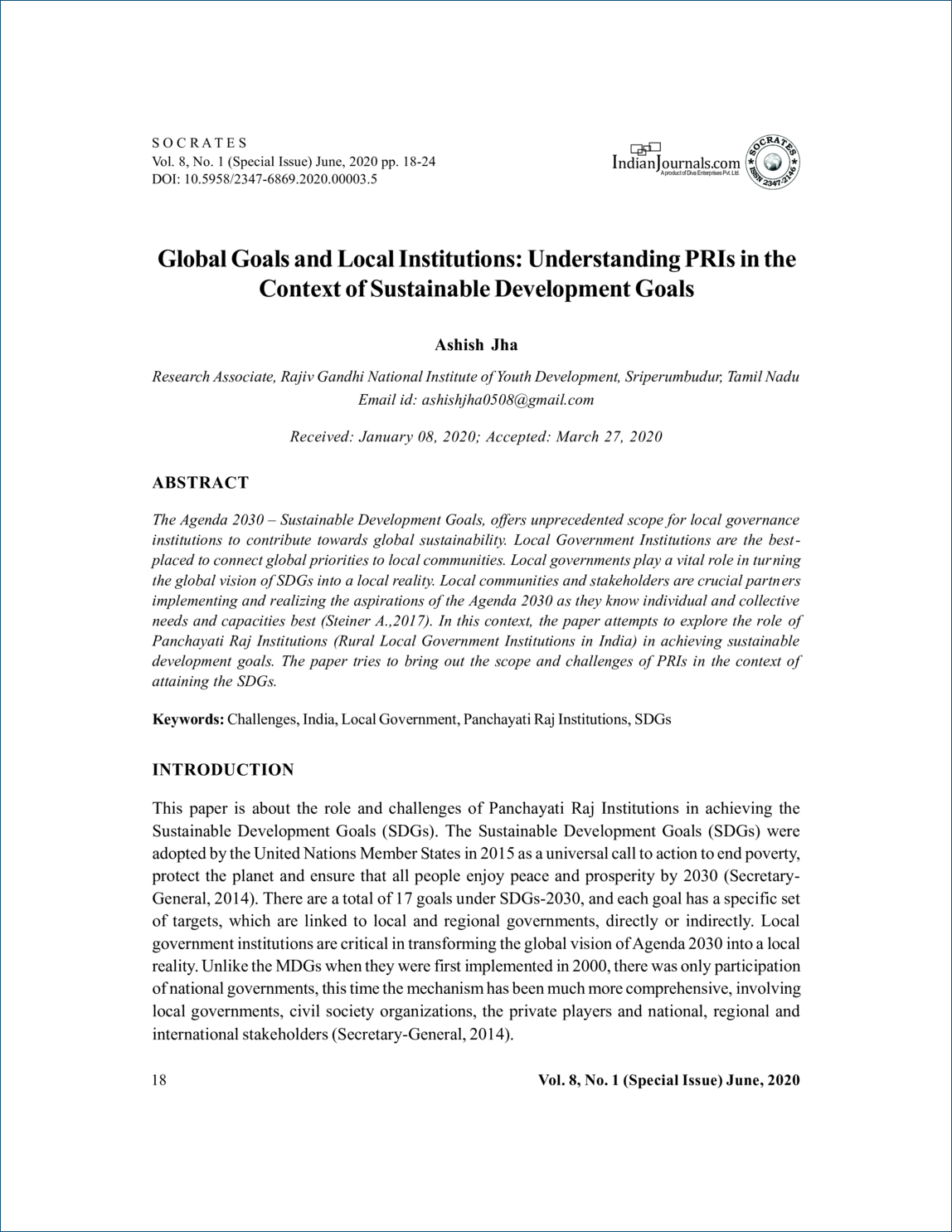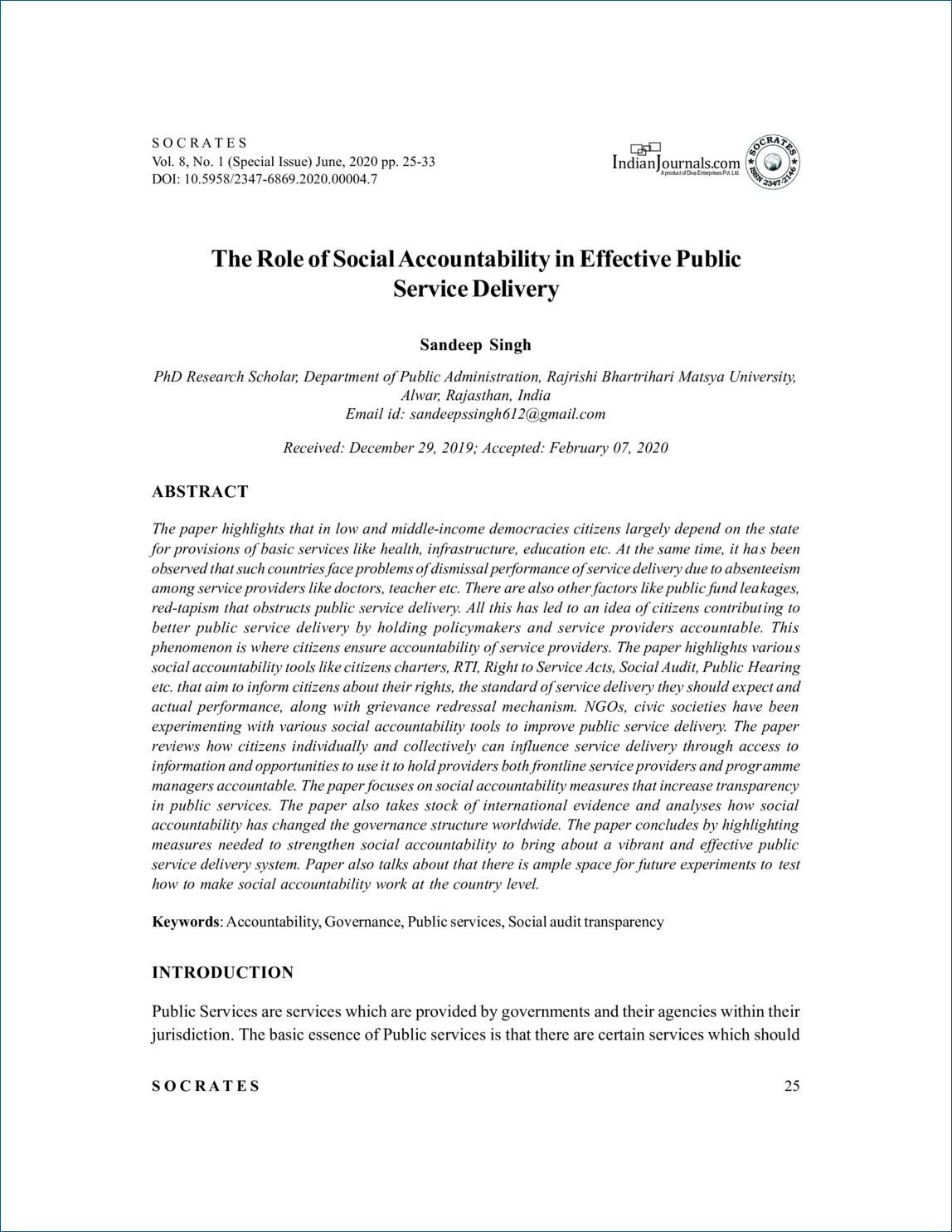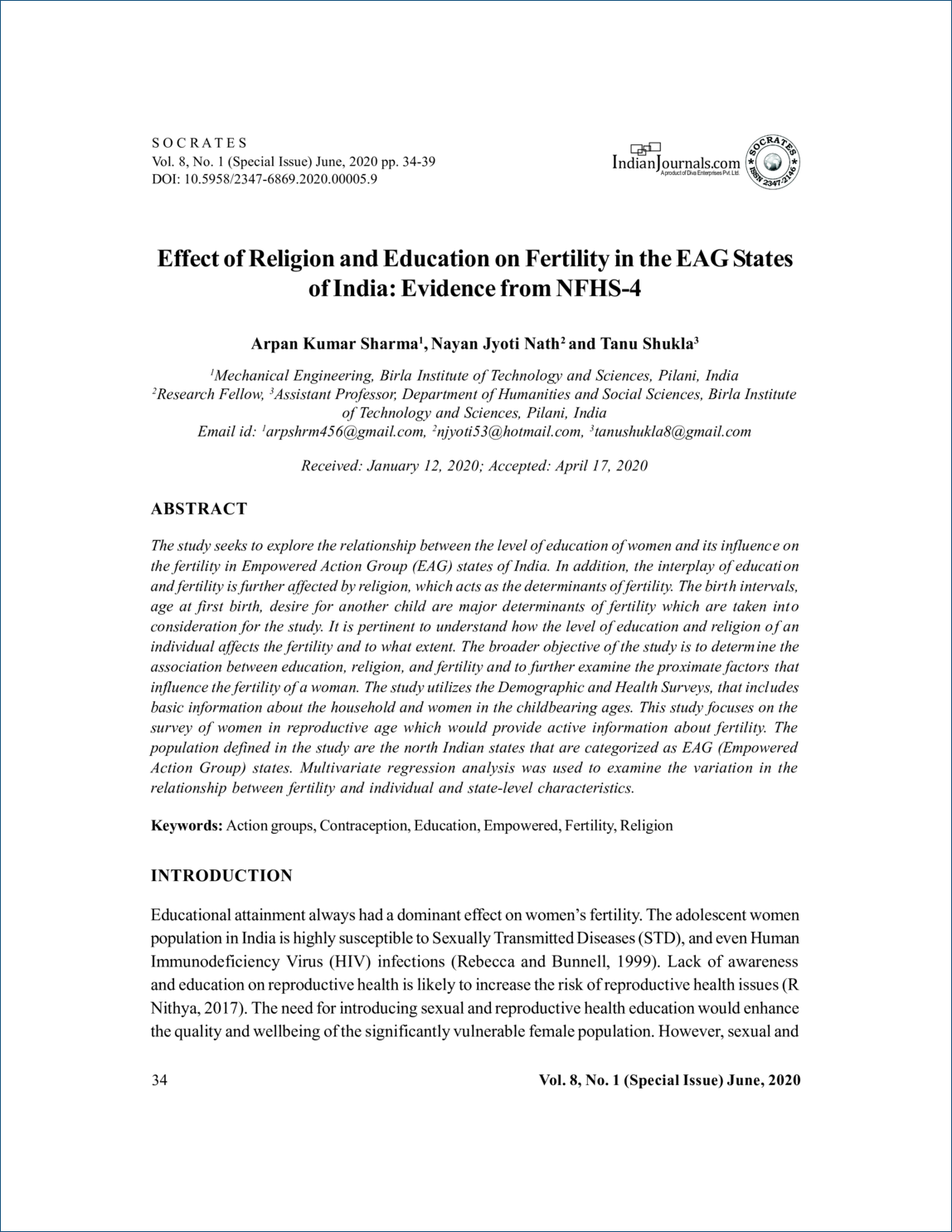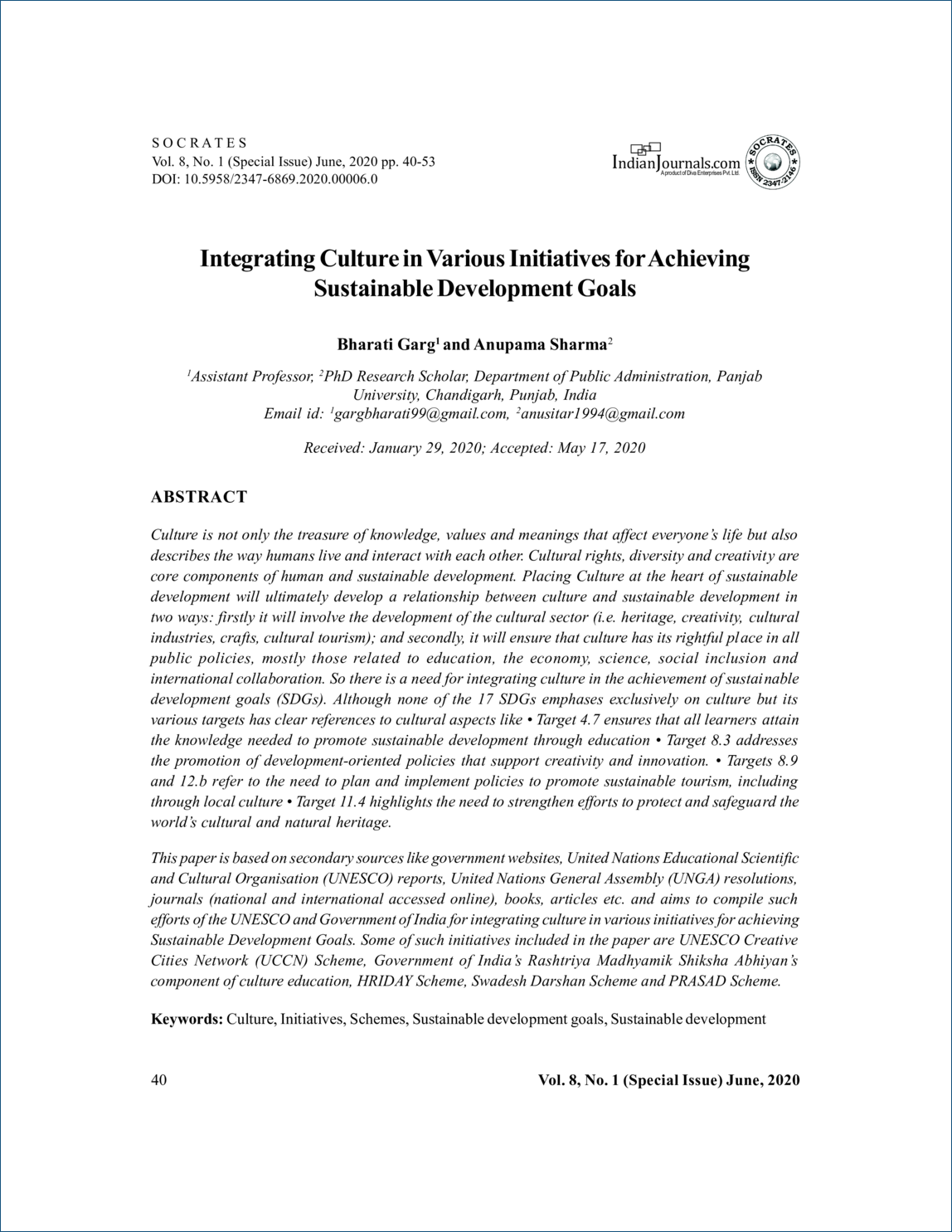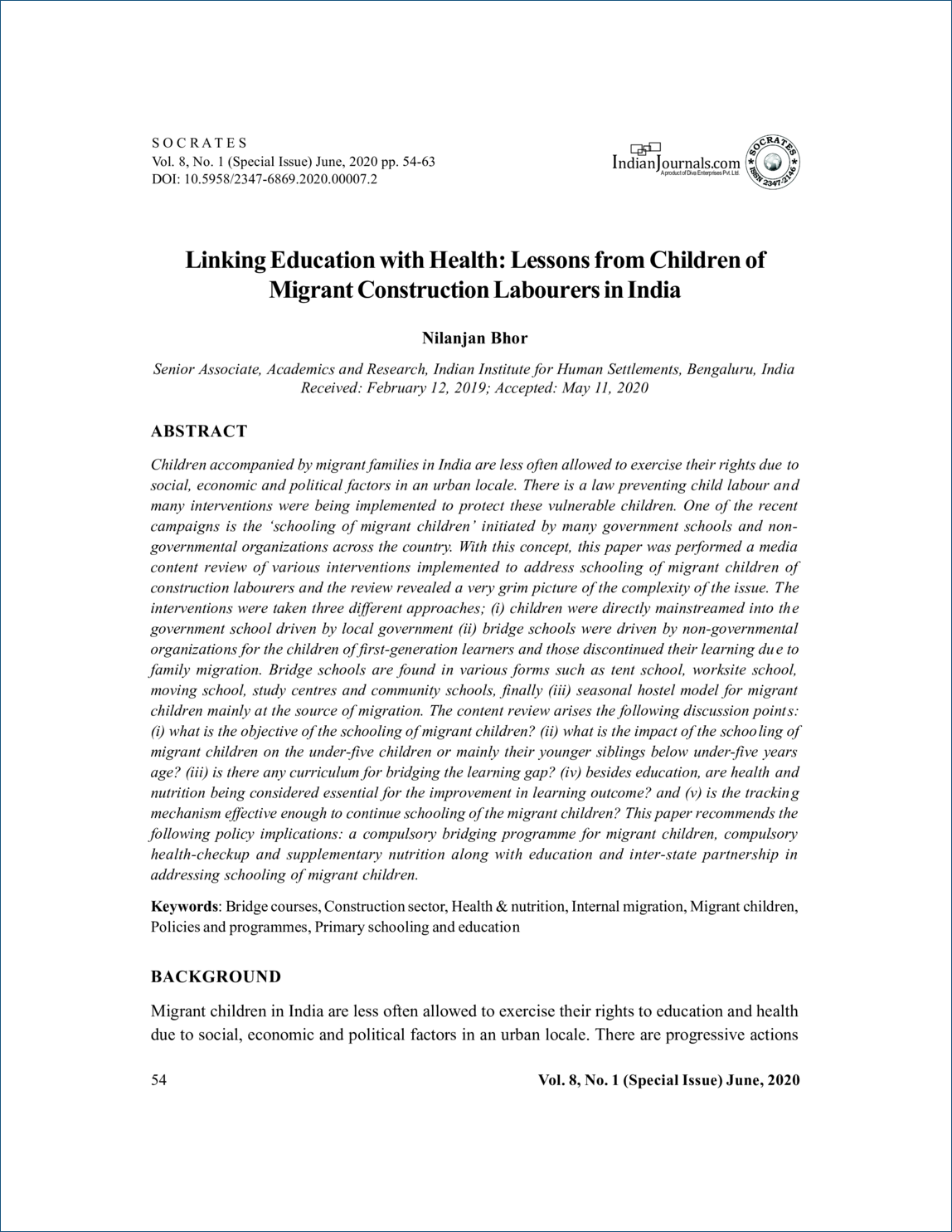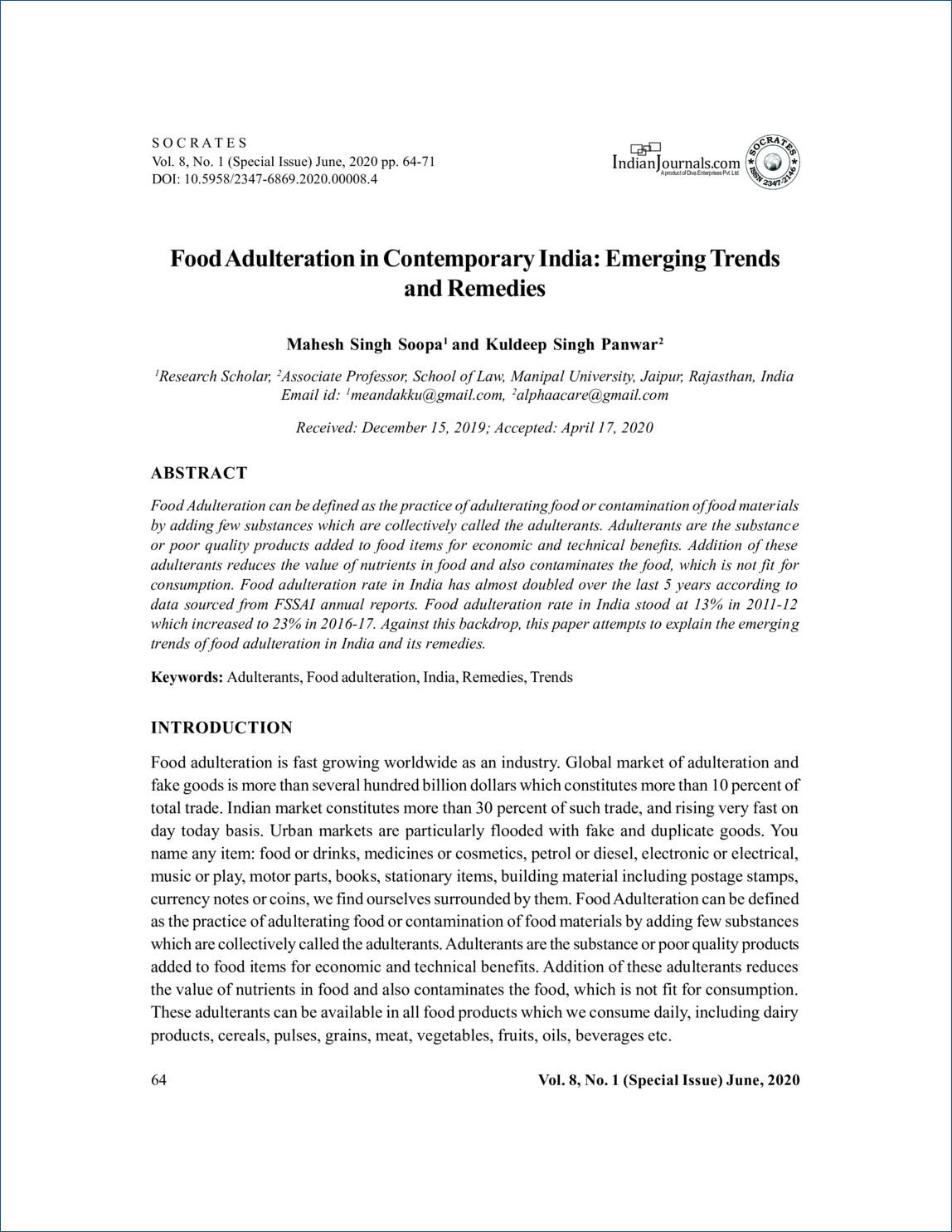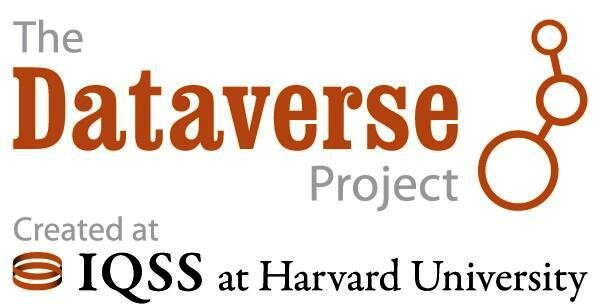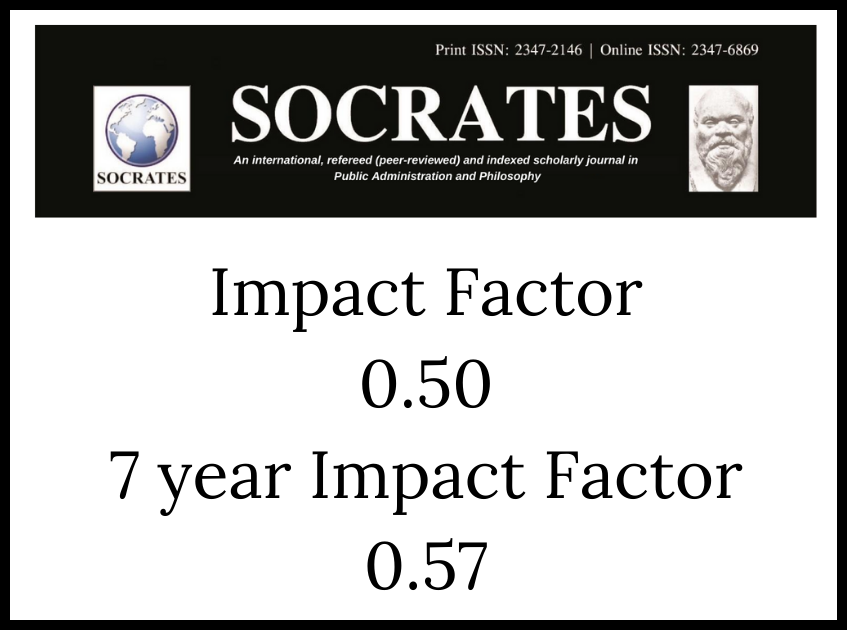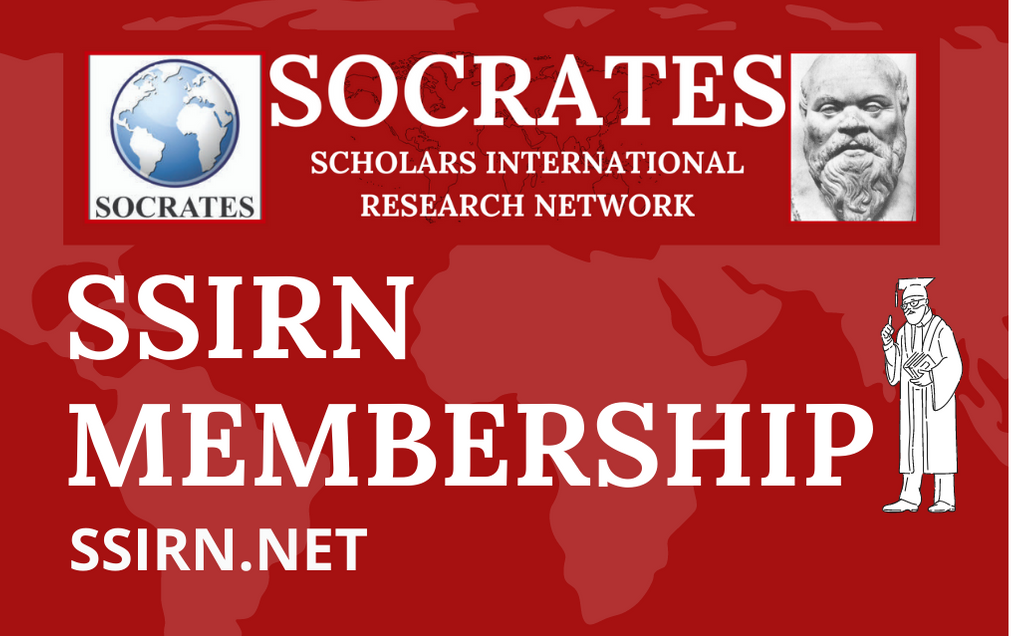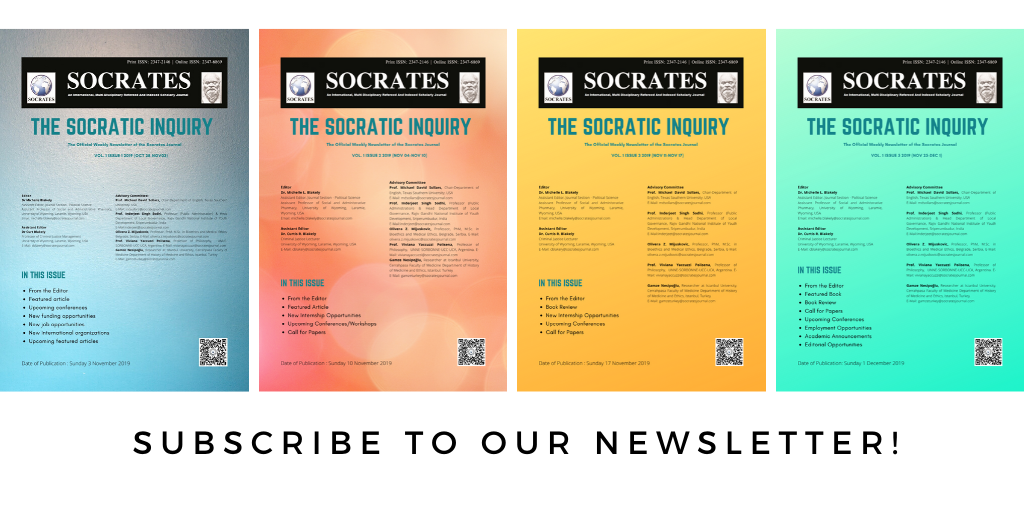Vol. 8 No. 1 (2020): (Special Issue) June, Sustainable Development Goals 2030: Ideas and Innovations for Better Tomorrow

Editorial
Now, as we are only ten years behind 2030, the Sustainable Development Goals-2030 have become more important than ever before. The Sustainable Development Goals (SDGs), which are also known as the Global Goals, are set of seventeen goals that were adopted by all United Nations Member States in 2015. It was a universal call to action to end poverty, protect the planet and ensure that all people enjoy peace and prosperity by 2030. It is the best time to look back on what has been done towards achieving SDGs and to discuss the strategies for the next 10 years. In this context, the current issue of “Socrates” brings a total of eight papers which talk on one or other aspects of SDGs.
In the very first paper, Prof. Arvind K Sharma talks about strategies for quality education (SDG-4) in India. He examines select micro-level considerations as it portrays the strategies for academic excellence in the country’s higher education sector. His paper focuses next on the dire need to launch a country-wide campaign to translate the classics of the respective disciplines in the Hindi and Regional Languages. In the second paper, Deepak Mishra analyses the basic principles of Nai Talim in terms of educational curriculum and pedagogy and examines its role in contemporary India. He has very well attempted to highlight the relevance of Gandhiji’s New Talim for achieving the SGD-4, i.e. Quality Education.
The concept of localizing the Sustainable Development Goals has been gaining attention among the intellectuals and professionals. The localisation of SDGs is how local governments can critically contribute to the overall achievement of the SDGs. In this context, Ashish Jha has elucidated the role of Panchayati Raj Institutions in achieving the SDGs. Accountability is one of the key features for a Good Government, and effective Public Service Delivery is a major function of government. Sandeep in the fourth paper has discussed the role of social accountability for effective public service delivery. He highlights how citizens- individually and collectively, can influence service delivery through access to information and opportunities to use it to hold the providers accountable. In the fifth paper, Arpan Kumar Sharma, Nayan Jyoti Nath, and Dr Tanu Shukla try to explore the relationship between the level of education of women and its influence on the fertility in Empowered Action Group (EAG) states of India. The paper further highlights that the interplay of education and fertility is further affected by religion, which acts as the determinants of fertility. In the next, Dr Bharati Garg and Anupama Sharma discuss integrating culture in various initiatives for achieving SDGs. They rightly observe that cultural rights, diversity and creativity are core components of human and sustainable development. In the sixth paper, Nilanjan Bhor has tried to link education with Health. He has cited the lessons from children of migrant construction labourers in India for his arguments. He advocates for the compulsory bridging programme for migrant children, compulsory health-checkup and supplementary nutrition along with education and inter-state partnership in addressing schooling of migrant children. In the last paper of this issue, Mahesh Singh Soopa and Dr Kuldeep Singh Panwar attempt to explain the emerging trends of food adulteration in India. They have used FSSAI data to show the increasing incidents of food adulteration in recent years and suggested some remedies.
I must say that all the papers are very well written and relevant for the current time. I am sure that the readers will find this issue of SOCRATES informative and resourceful.
Issue Editor
Prof. Inderjeet Singh Soddhi

